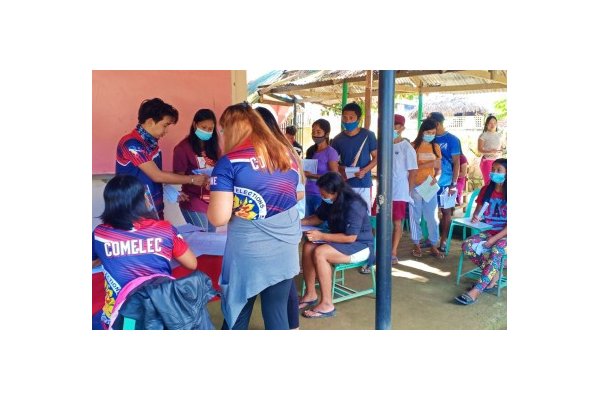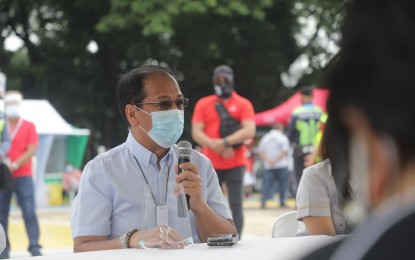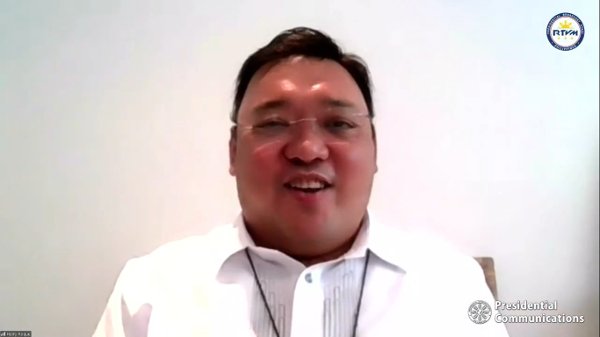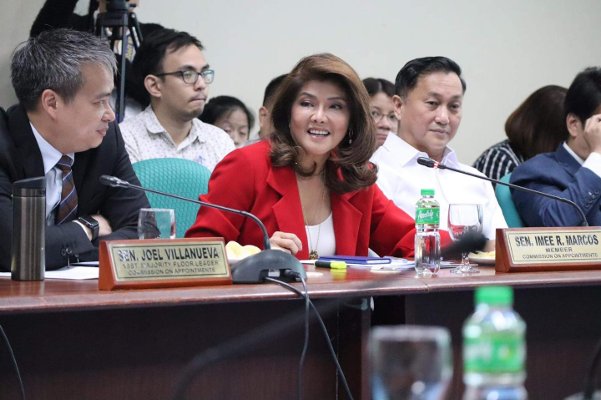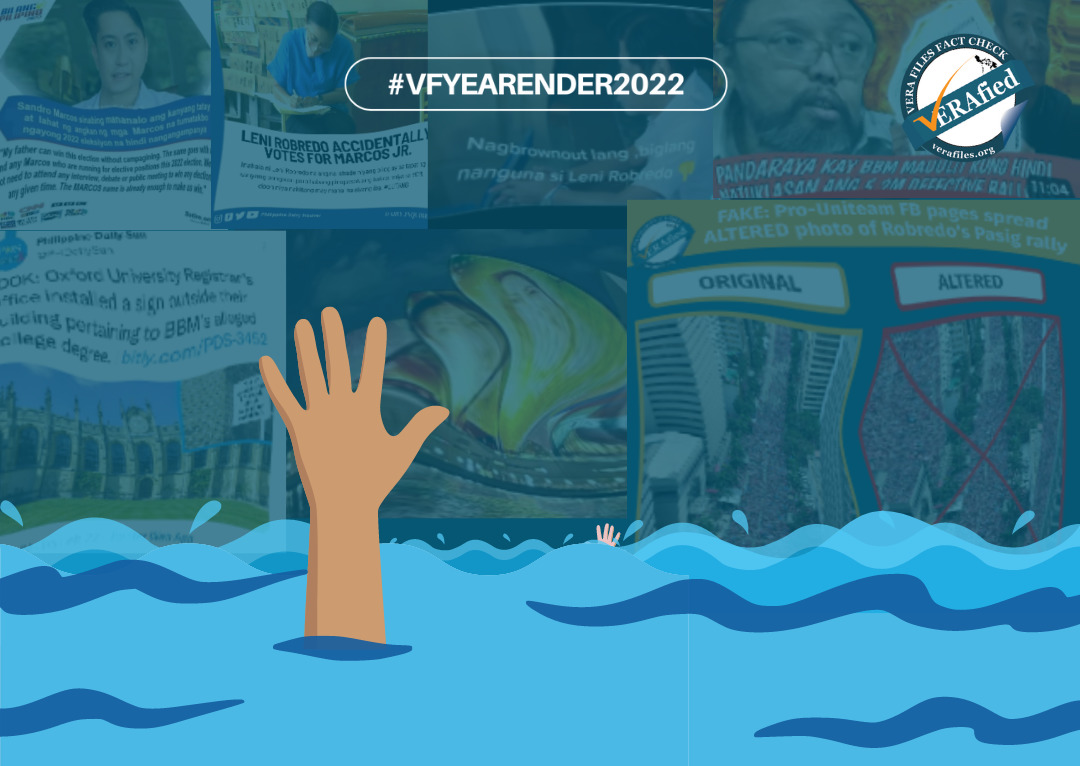The results of Pulse Asia’s June 7 to 16 survey, showing high dissatisfaction rating in the government’s response to the coronavirus disease 2019 (COVID-19) pandemic, sends a strong message for a review of the Duterte administration’s action plan, particularly with the increasing number of new infections from the more contagious Delta variant.
According to the survey, the respondents cited the lack of financial aid to those affected by the pandemic (19.4%), the slow and inefficient vaccination process (18.7%) and the lack of discipline in implementing protocols (9.5%) as the primary reasons for the inadequacy in government response to the pandemic.
The survey results gave Ronald Holmes, president of Pulse Asia Research Inc., reason to say that the crippling health crisis may be a key issue in the 2022 elections.
Indeed, the response to the COVID-19 pandemic, not only by the national government but also by the local government units, must be a major consideration in choosing the next batch of leaders.
Voters should reward with their votes the officials who have been judiciously using available resources and going out of their way looking for funds to provide for the needs of their constituents.
On the other hand, those taking advantage of the pandemic to promote themselves by making sure their names and photos appear in tarpaulins and bags of “ayuda” or those bloating the prices of goods procured for distribution to the poor must be held accountable.
One important and long-lasting lesson the COVID-19 pandemic should teach us is exercising our individual right to vote and recognizing its collective power to unseat corrupt, incompetent and undeserving officials.
Given the current situation, it looks unlikely that the COVID-19 pandemic will be over by the time candidates, who will be filing their certificates of candidacy in early October, will be campaigning officially. Several of them have in a way already been campaigning in the media and in their localities.
Next year’s elections and how the candidates will be conducting their campaign will be like no other. This is the first time in recent history that the country is having the national and local elections when people’s mobility is restricted.
Candidates who are incumbents certainly have an edge over others because they have access to government resources. But voters should have a sharper eye out on how they use the scarce funding and make them account for it.
In times like this, people in communities and organizations who have shown good leadership qualities and commitment to serve others must be encouraged to seek election to public office and wipe out the incumbents who think they own the positions they are holding.
Socioeconomic Planning Secretary Karl Kendrick Chua said recently that the Philippine economy will be losing P150 billion every week as a result of lockdowns. He said the losses would primarily be in production output that would affect more than 600,000 workers and increase the number of poor Filipinos by about 250,000.
Chua gave this prediction as Metro Manila and other parts of the country are placed back in stricter quarantine in an effort to contain the more virulent Delta strain of COVID-19.
We are in a situation in which the public blames the government for inadequately handling the COVID-19 pandemic while some in the government blame the public for not strictly observing health protocols to keep safe and avoid getting the coronavirus.
While we’re all suffering as we struggle against the virus, the elections nine months away somehow give hope for a better future.
Meantime, the recent Pulse Asia survey, in which nine out of 10 respondents viewed the government’s response to the COVID-19 pandemic as inadequate, should prompt officials directly in charge of the administration’s COVID action plan to review and possibly find ways to better serve the public and finally keep the economy bustling again.
Keeping in mind that the handling of the COVID-19 pandemic will be a major election issue in the May 2022 elections will be good not only for the people but will also raise the chances of administration candidates to win votes because they have access to the resources.
It will also be a challenge to the opposition to show that it can deliver basic services even with meager resources and strong support from the private sector.
The views in this column are those of the author and do not necessarily reflect the views of VERA Files.
This column also appeared in The Manila Times.
